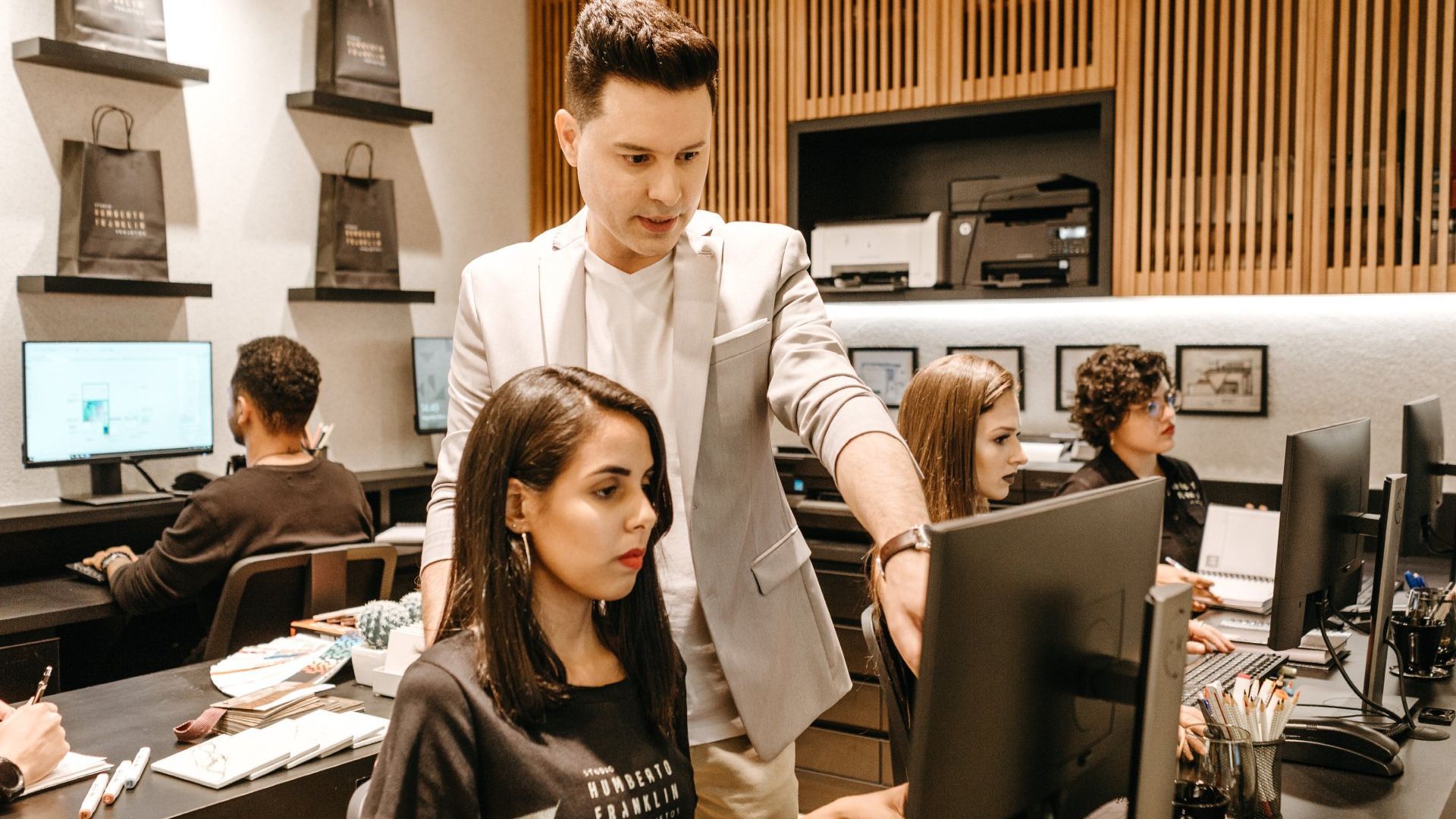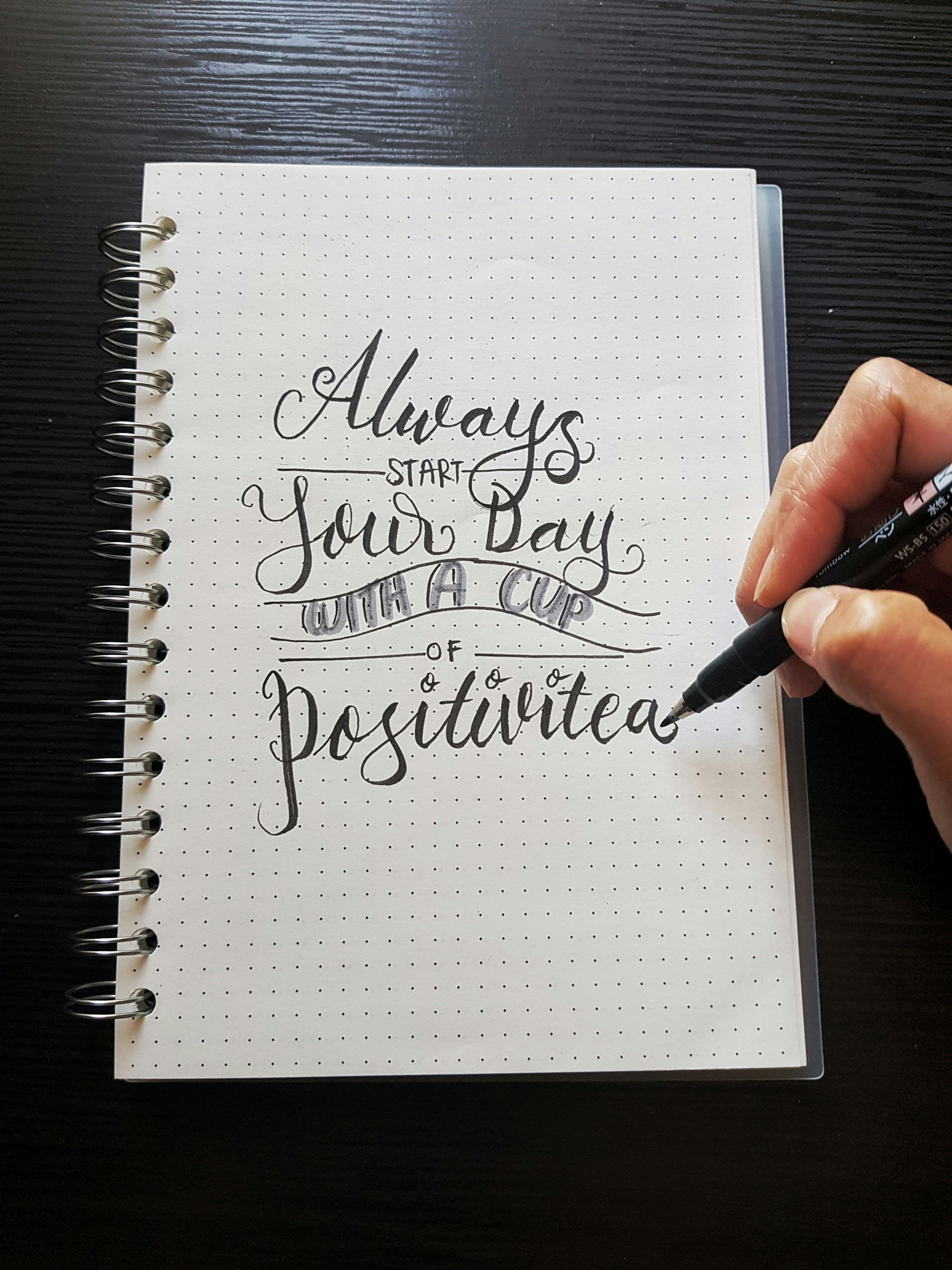Michael Ceely is a licensed psychotherapist, serving clients online in Florida, California, and Wisconsin. Michael’s areas of expertise include anxiety, career counseling, and mental performance coaching for athletes.
Tame Your Inner Control Freak: Release Your Grip and Learn to Trust
Move from control to trust and get just as much done, while also strengthening your relationships.

Are you someone who struggles with wanting to be in control? Have you been called (or admit to being) a control freak? If so, you're not alone.
Being a control freak can be exhausting and overwhelming, and many of us can relate to the desire to be in charge.
The good news is that it is possible to break free from the need to control and start to practice the art of trust. In this post, you’ll learn how to let go of your inner control freak and release your grip on the things in life that are out of your hands.
Watch the Video: How to Stop Being a Control Freak
Understanding the Need for Control
Control freaks are individuals who have a strong desire to be in control of nearly every aspect of their lives. They may feel a sense of anxiety when they are not able to dictate the outcome of a situation.
Trust may be a major issue for control freaks, as they may struggle to believe that others can handle things as well as they can. This need for control can manifest in various ways, from micromanaging others to being overly critical of any deviation from their expectations.
It is important to understand that control freaks often have good intentions, but operate from a place of fear. They may believe that by being in control, they can prevent negative outcomes or protect themselves from disappointment.
However, this need for control can be detrimental to their well-being and relationships, as it can create unnecessary stress and strain on themselves and others.
Signs You Might Be a Control Freak
Do you often find yourself feeling anxious when things don't go according to your plan? Are you constantly double-checking, micromanaging, and trying to control every little detail in your life? If so, you might be a control freak. But don't worry, wanting to be in control means you care about the outcome, and that's good! You just need to loosen your grip a bit.
Signs that you may be a control freak include feeling the need to be in charge, struggling to trust others, and having difficulty delegating tasks. You may find it hard to let go and allow others to take control, fearing that they won't do things as well as you would.
This constant need for control can create unnecessary stress and strain on both yourself and your relationships.
Reasons to Let Go of Control
Living with the need to control every aspect of your life can be exhausting. Here are some reasons why letting go of control can be beneficial for you.
First, it's important to acknowledge that you can't control everything. Life is unpredictable, and trying to micromanage every little detail is an exercise in futility. By accepting this, you can free yourself from the burden of trying to control the uncontrollable and instead focus your energy on the things you can influence.
Another reason to let go of control is that it allows for personal growth and development. When you release your grip, you create space for new ideas, perspectives, and opportunities to enter your life. Embracing uncertainty can lead to exciting experiences and personal breakthroughs that you may have never imagined.
Moreover, relinquishing control can lead to stronger and healthier relationships. Trust is the foundation of any successful partnership, and by letting go of control, you demonstrate your trust in others' abilities and judgment. This, in turn, fosters stronger connections and allows you to let others make their own mistakes.
Lastly, releasing control allows you to experience a greater sense of freedom and inner peace. Instead of constantly worrying and obsessing over every detail, you can learn to trust and go with the flow. By doing so, you give yourself permission to enjoy the present moment and find peace in the uncertainty of life.

Identify the Source of Your Need for Control
Identifying the source of your need for control is a crucial step in breaking free from your inner control freak.
Take a moment to reflect on the underlying reasons why you feel the need to be in control. Is it rooted in a fear of failure? Are you worried about being taken advantage of?
Understanding the source of your need for control can provide valuable insights into your mindset and allow you to address these underlying issues.
Consider examining past experiences that may have contributed to your desire for control. Perhaps a childhood event made you feel vulnerable and you learned to rely on control as a coping mechanism.
Or maybe a previous relationship left you feeling betrayed and now you struggle to trust others. By digging deep and uncovering these underlying triggers, you can begin to challenge and reframe your beliefs.
Self-reflection and introspection are key in this process. Journaling, therapy, or talking to a trusted friend can help you gain clarity on your motivations.
Remember, the goal is not to shame or judge yourself for wanting control, but rather to understand the root causes so that you can make conscious choices moving forward.
Learn to Trust Others
One of the key steps in breaking free from your inner control freak is learning to trust others. It can be challenging, especially if you've spent most of your life feeling the need to be in control.
But trusting others is essential for building healthy relationships and allowing yourself to let go of the burden of always needing to be in charge.
Start by recognizing that not everything has to be done your way or perfectly. Accept that others may have different approaches or perspectives that can be just as valid as yours. Give them the space and opportunity to take the lead, and resist the urge to intervene or correct them.
Remember, trust is a two-way street. Just as you want others to trust you, you need to trust them as well. Be open to the possibility that others can handle things just as well (or almost as well!) as you can.
By letting go of control and trusting others, you'll not only strengthen your relationships but also create a sense of shared responsibility and collaboration.
Start small by delegating tasks or asking for help when you need it. This will help you gradually build trust in others' abilities and realize that you don't have to do everything on your own.
Over time, you'll develop a greater sense of trust and ease, knowing that you can rely on others to share the load and contribute to positive outcomes.
Embrace Imperfection
Life is sometimes unpredictable. Embracing imperfection is about accepting this reality and letting go of the illusion that everything has to be perfect. This may be one of the hardest things for you to do, but it's also one of the most liberating.
Perfectionism can be suffocating. It sets unrealistic expectations and puts unnecessary pressure on yourself and those around you.
Embracing imperfection means giving yourself permission to make mistakes, to learn and grow from them. It means recognizing that flaws and failures are part of the human experience.
Embracing imperfection also means accepting yourself as you are. You are not defined by your achievements or your ability to control every outcome. You are worthy and deserving of love and acceptance, flaws and all.
So, take a deep breath and let go of the need for perfection. Embrace the beauty of imperfection and find peace in the wonderfully unpredictable journey of life.
Learn how to reduce perfection in my post, Progress, Not Perfection

Practice Letting Go of Control in Small Ways
Learning to release your grip on control is a gradual process, and it’s best to start small. Here are some ways to practice letting go of control in your everyday life:
1. Delegate tasks. Start by handing over some minor responsibilities to others. Whether it's at work or at home, learn to trust and rely on the abilities of those around you. This will not only give you a break, but it will also build your confidence in others.
2. Embrace uncertainty. Try doing something spontaneous without planning every detail. Trust yourself and allow room for surprises and unpredictability. You'll soon realize that not everything needs to be meticulously controlled.
3. Let others take the lead. Step back and allow others to have a say. Instead of always being the one in charge, listen to others' ideas and opinions. Embrace collaboration and trust that different perspectives can lead to innovative solutions. If others make mistakes, let them figure it out and don’t feel the need to jump in and rescue them.
4. Practice self-care. Taking care of yourself is essential for letting go of control. Allow yourself to relax, indulge in activities that bring you joy, and prioritize your well-being. This will help you realize that you can't control everything and that it's okay to let go.
Remember, letting go of control is a journey, and it takes time and practice. Start small, be patient with yourself.
Learn Mindfulness and Acceptance
Mindfulness is the practice of being fully present and aware of your thoughts, feelings, and sensations in the present moment. By cultivating mindfulness, you can develop a greater sense of self-awareness and observe your controlling tendencies without judgment.
Begin by incorporating mindfulness into your daily routine. Set aside a few minutes each day for meditation or mindfulness exercises. Focus on your breath, allowing yourself to become fully present in the moment. As you practice mindfulness, you'll start to notice when your controlling thoughts and behaviors arise, and you can choose to let them go instead of giving in to them.
Acceptance is another crucial aspect of releasing your grip on control. It means acknowledging that not everything will go according to plan and that uncertainty is a natural part of life. Acceptance allows you to make peace with the things you can’t control and find contentment in the present moment.
Learn more about mindfulness and acceptance in my post, The Observer Mind.

Seek Professional Help if Needed
While the tips and strategies provided in this blog post can be helpful, it's important to recognize that breaking free from a controlling mindset may require additional support.
Therapy can provide a space to explore the root causes of your need for control. A licensed therapist can help you uncover deeper insights into your behavioral patterns and can provide tools to help you manage anxiety, build trust, and navigate the challenges that arise as you loosen your grip on control.
Remember, seeking professional help is not a sign of weakness, but rather a courageous step towards personal growth and well-being.
If you're a self-professed control freak, or a recovering one (like yours truly), feel free to contact me to learn more about how therapy can help.
Michael Ceely, LMFT
Like this article? Share it with a friend.





